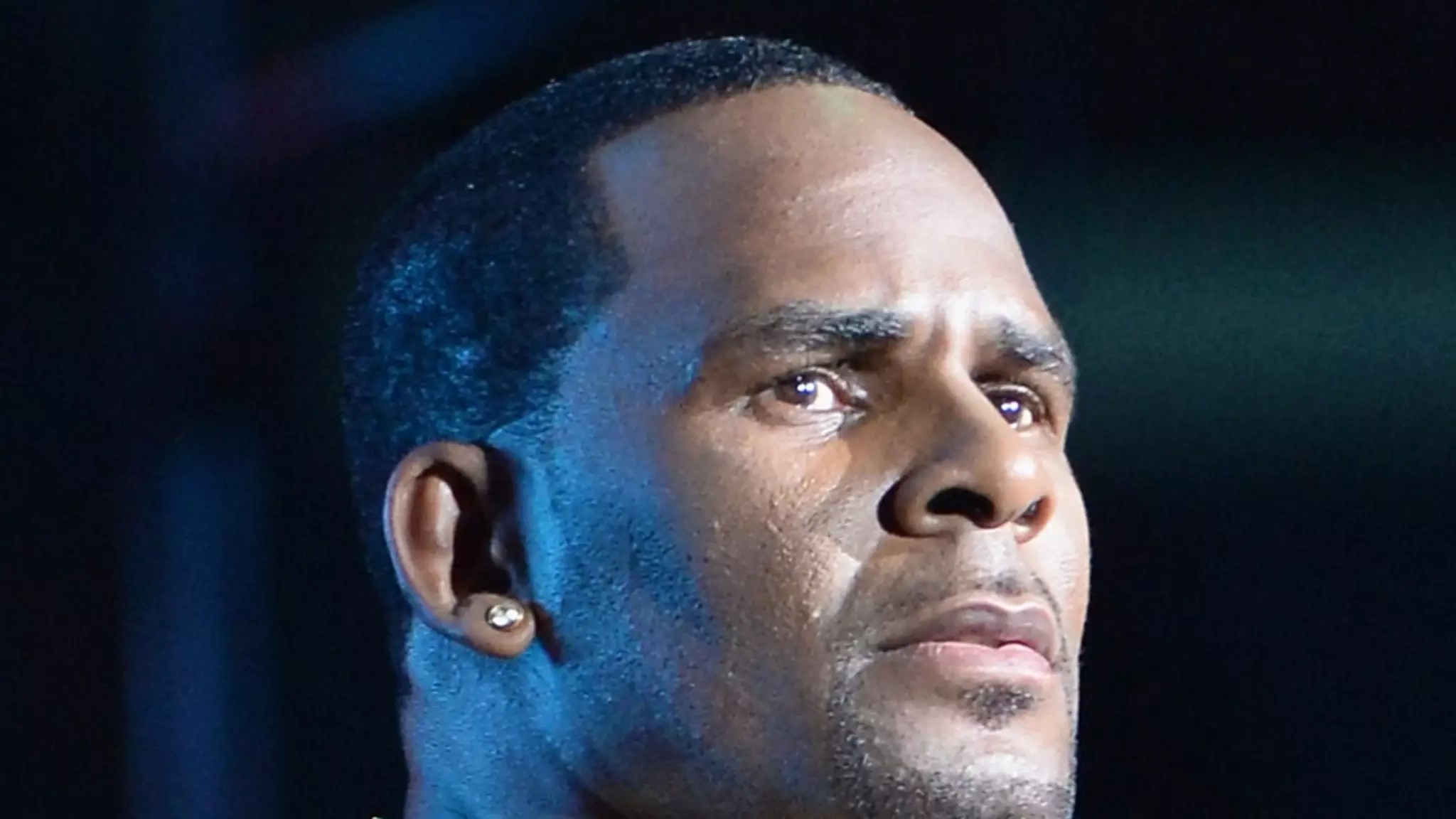R. Kelly’s attempt to secure a pardon highlights a disconcerting reality in the ongoing narrative surrounding his legal troubles. The case is not merely a story of an artist facing the consequences of his actions; it is intertwined with the grim fate of his alleged victims, particularly Joycelyn Savage. Her prolonged silence and the fact that her family has not heard from her in years serve as a striking reminder of the deeper implications of Kelly’s actions. Joycelyn, once engaged to Kelly, represents not just a single victim, but a troubling pattern of control and manipulation that surrounds the artist’s life.
The attorney representing the Savage family, Gerald Griggs, points to the absence of communication from Joycelyn since 2019, emphasizing a pervasive sense of uncertainty and fear. For all intents and purposes, Joycelyn’s disappearance raises disturbing questions about her state of being and autonomy. It poses a crucial inquiry: is she truly able to speak freely, or is she still ensnared within Kelly’s world? The family’s insistence that they have only heard from individuals purportedly representing Joycelyn further deepens the suspicion that she remains under Kelly’s influence.
The Fallout of Power and Control
Kelly’s legal tribulations are a testament to a broader societal issue involving power dynamics and the exploitation of vulnerability. After being convicted of several felonies, including racketeering and sexual trafficking, one would expect accountability and reflection on the immense harm caused by his actions. Instead, Kelly’s legal representatives continue to showcase a dismissive attitude toward the real-life consequences faced by his victims, including Joycelyn. The shift of focus back to Kelly’s own plight—specifically his recent health concerns and requests for home confinement—suggests a dangerous normalization of victimhood, where the perpetrator’s discomfort is prioritized over the well-being of those who suffered.
Kelly’s hope for a pardon from Donald Trump, fueled by a belief that the former president understands targeting by federal authorities, seems to echo a sentiment all too common among individuals seeking to evade responsibility. This narrative reduces serious criminal convictions to mere political maneuvering and glosses over the lives irrevocably altered by such behavior. The wishes of Joycelyn’s family, who are still clinging onto the hope that she is alive and in good health, stand in stark contrast to the self-serving desires of Kelly’s camp.
The Need for Vigilance and Support
As the legal spotlight remains on R. Kelly, it is essential to center the voices of those who feel silenced. Joycelyn’s situation is emblematic of many victims who, out of fear or coercion, find themselves marginalized and without a platform to share their truths. The urgency of supporting the families of victims cannot be overstated; they are often left to navigate the liminal space between hope and despair. There is a pressing need for systemic changes that prioritize victim support and empowerment, ensuring that their voices are amplified amid the chaos of legal deliberations.
Thus, as discussions of pardons and personal grievances dominate headlines, it is crucial for society to remain vigilant. A collective outcry against the normalization of such behavior serves not only justice for the victims but also acts as a cultural barometer reflecting our collective values and responsibilities. In the pursuit of justice, let us not forget those who remain voiceless, as their stories are an integral part of the narrative we must confront.


Leave a Reply